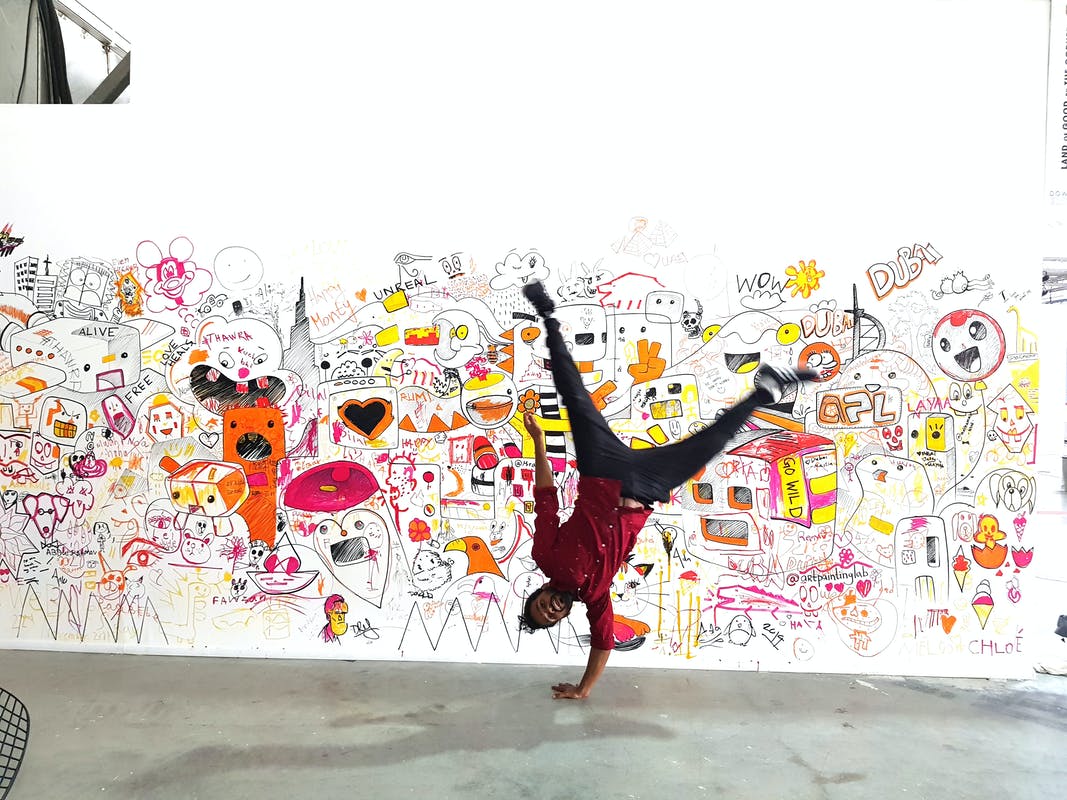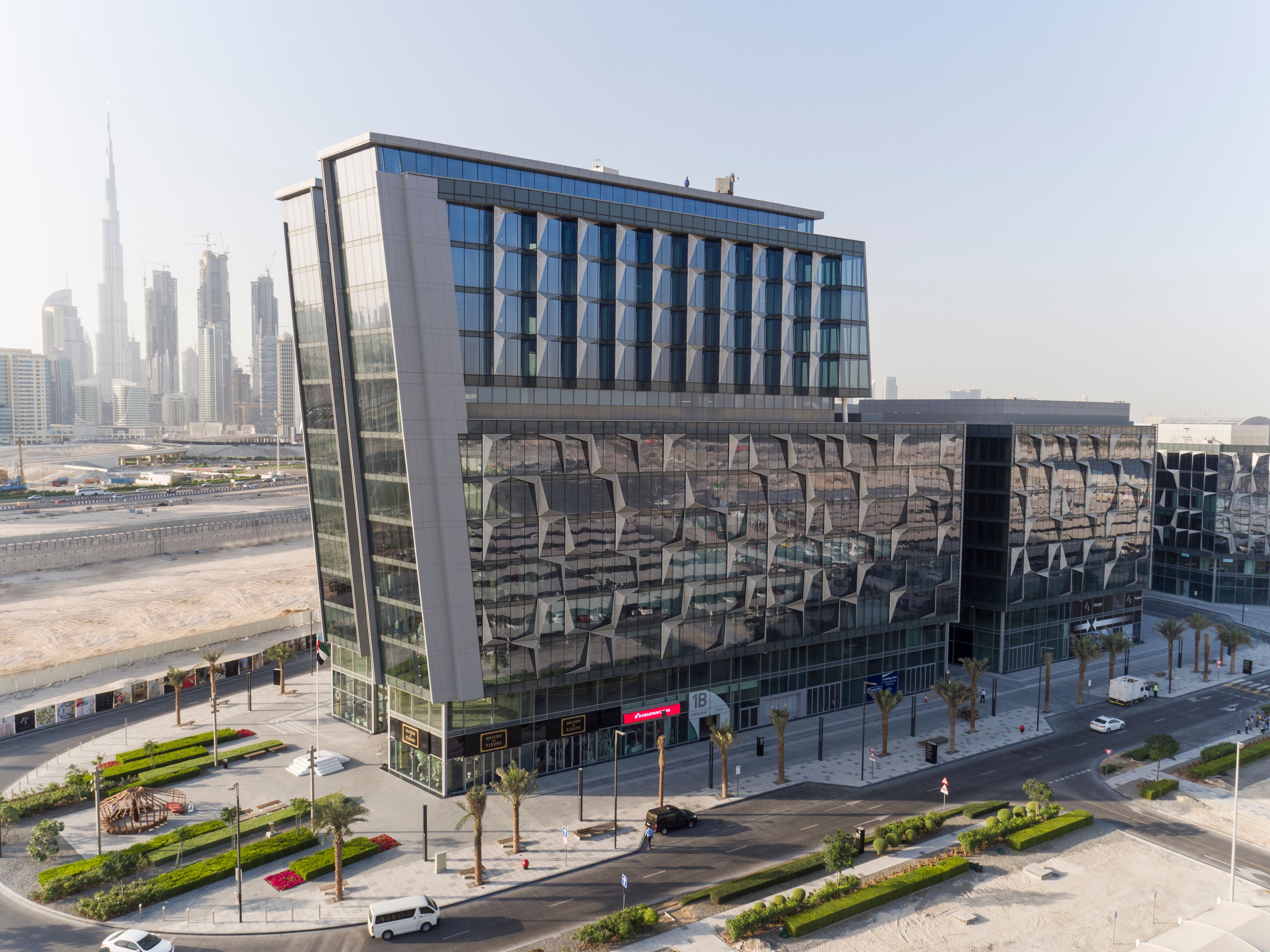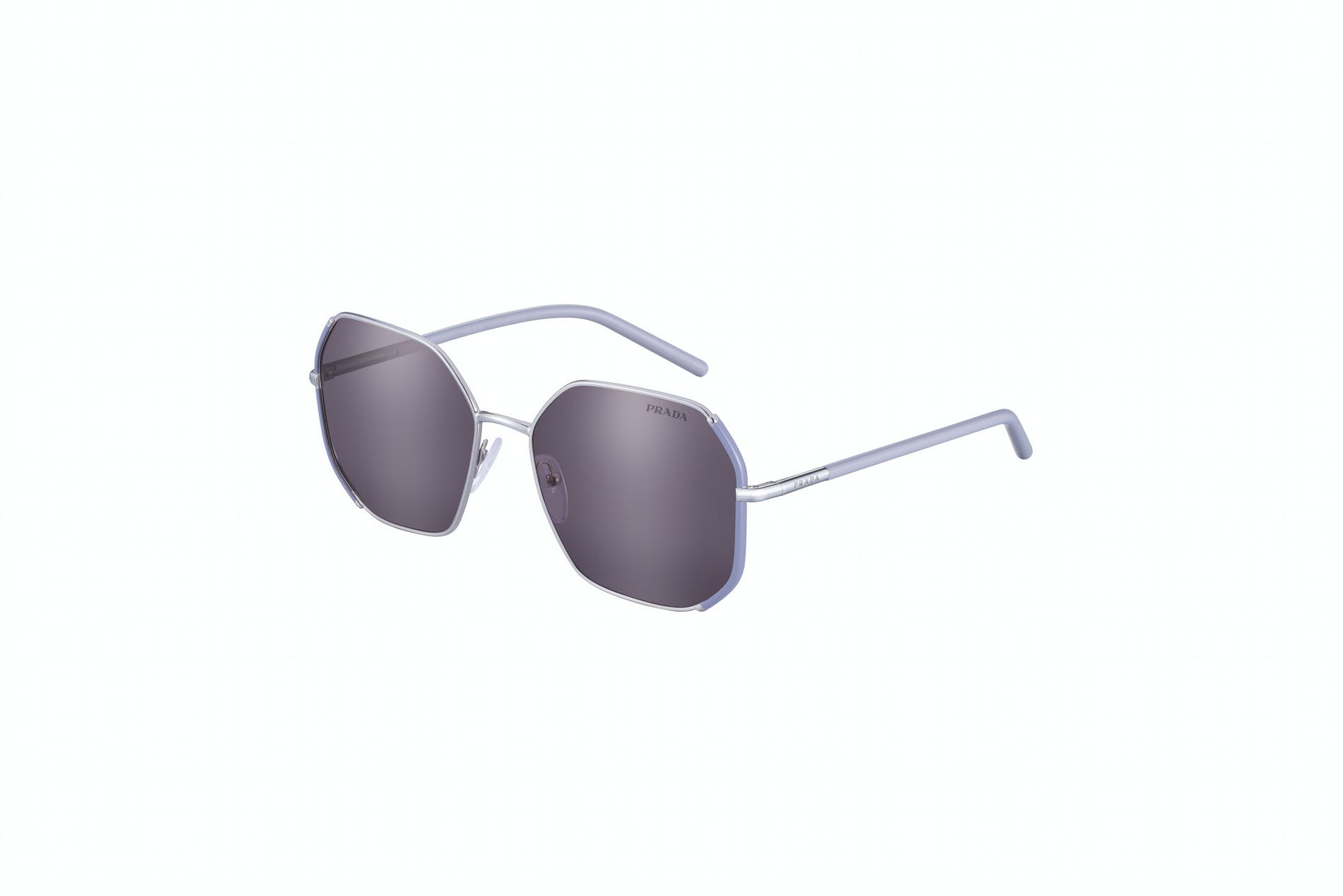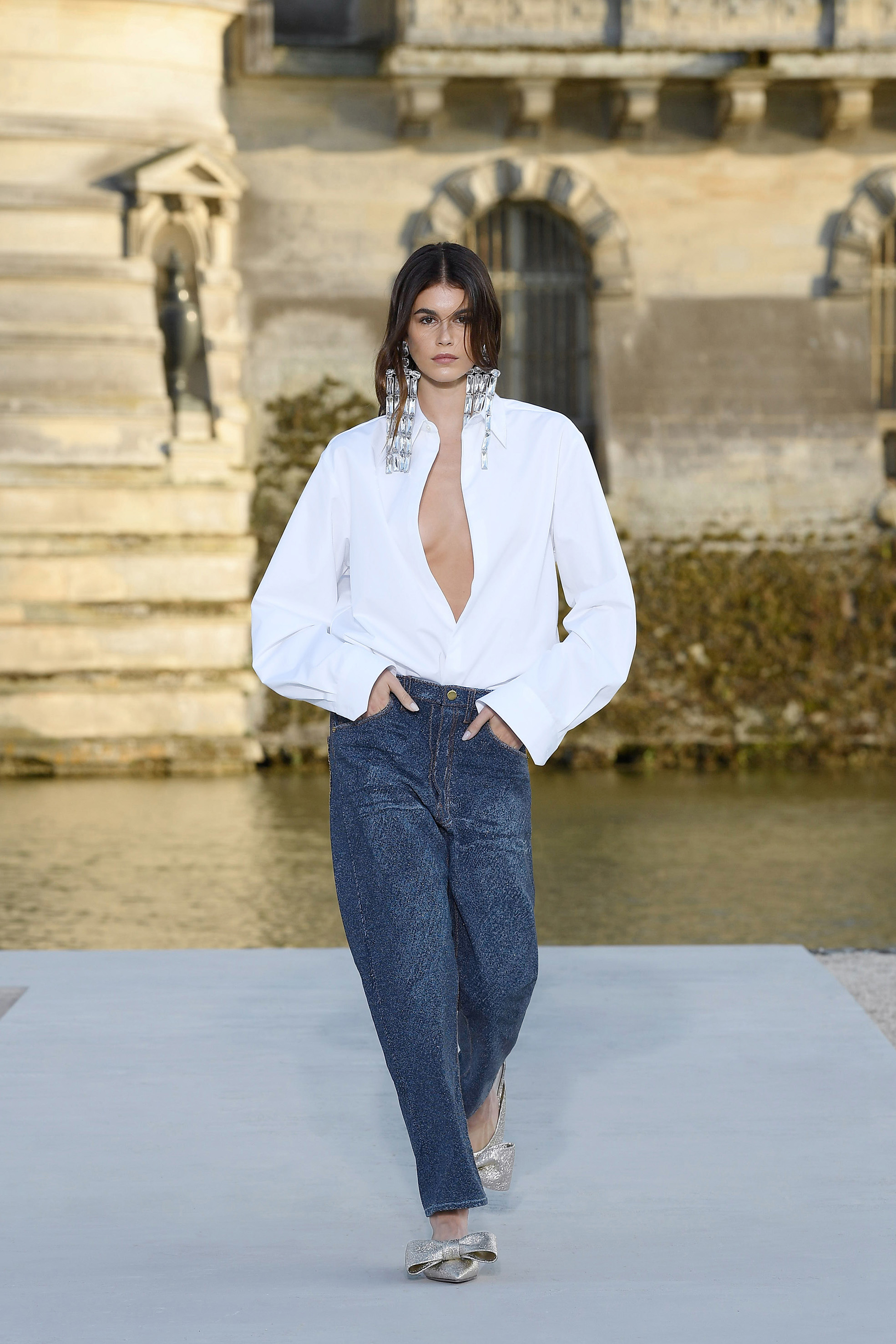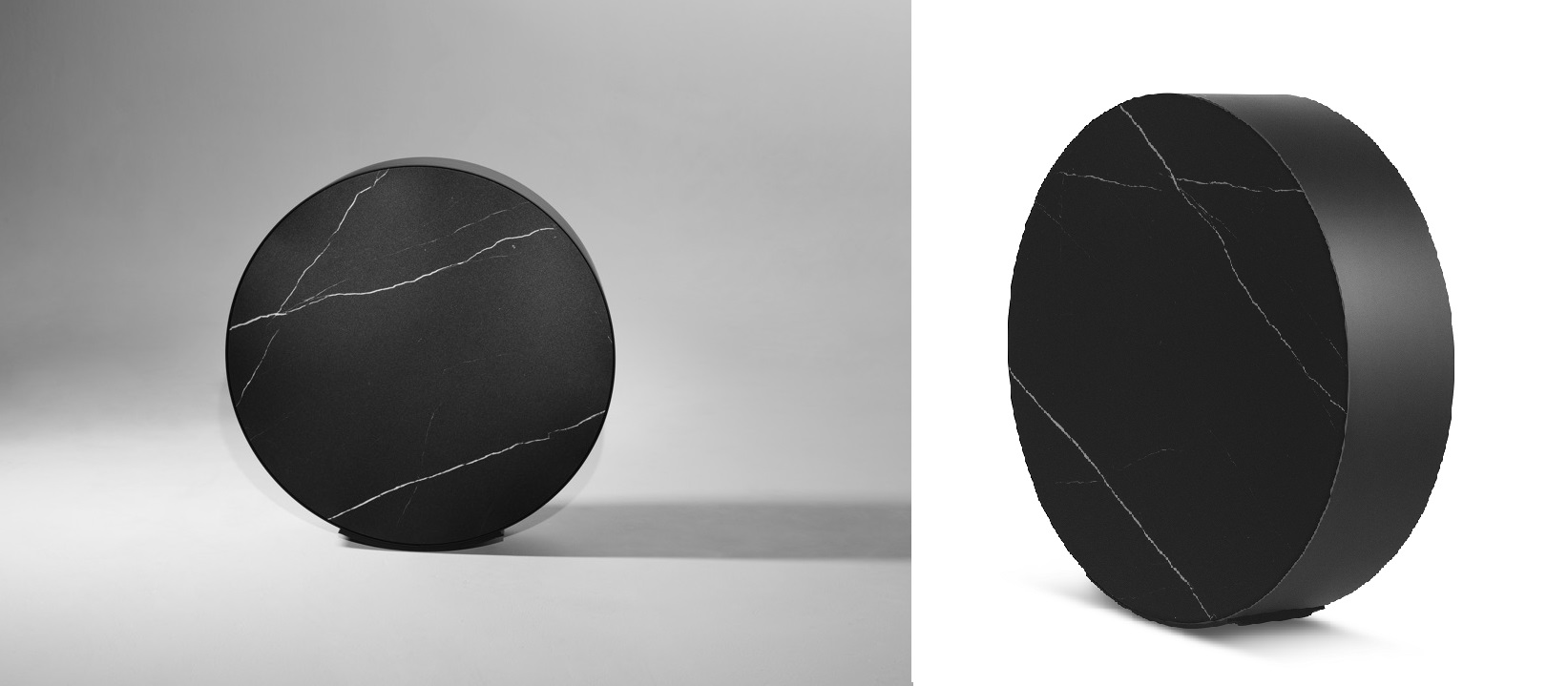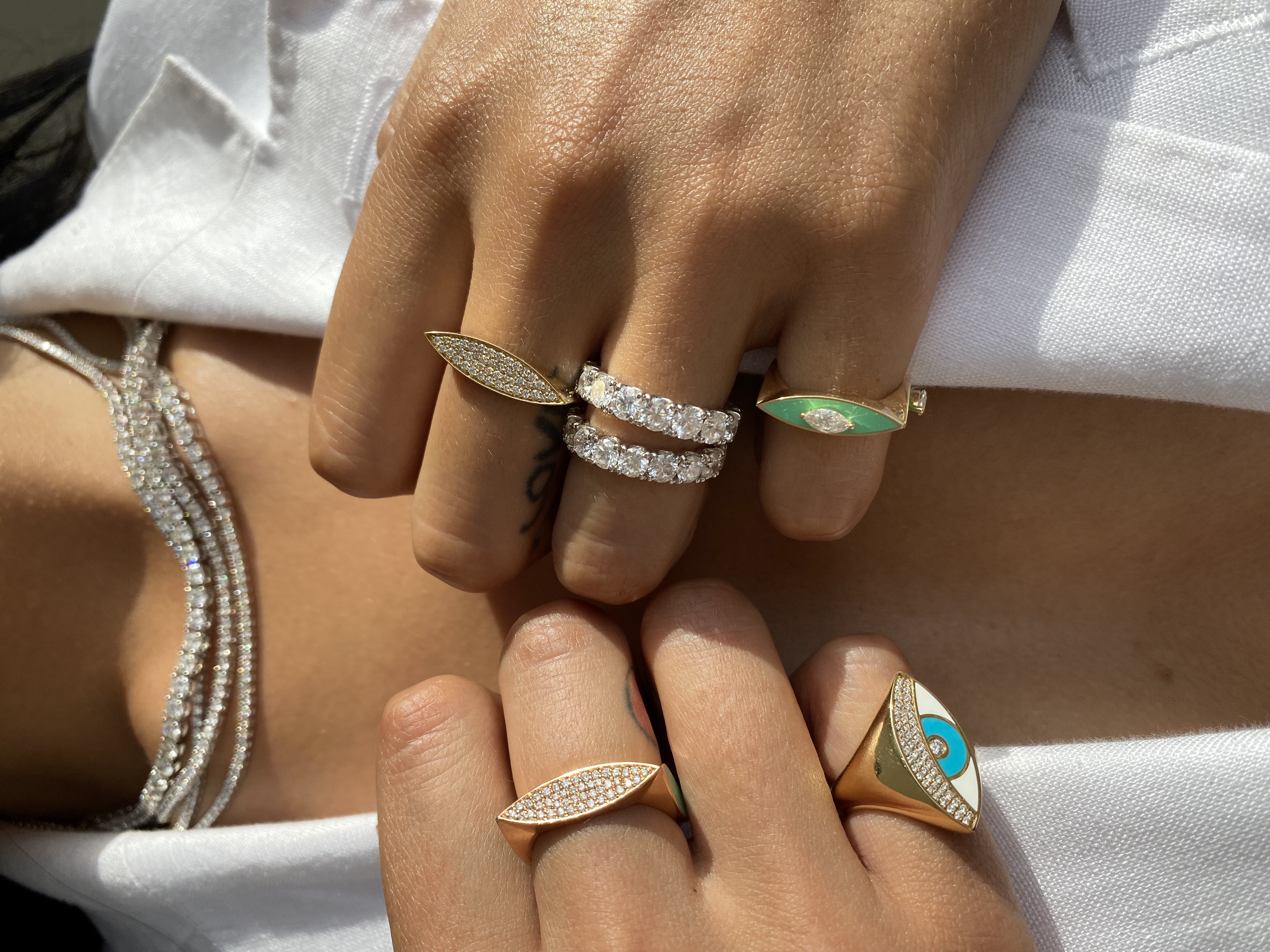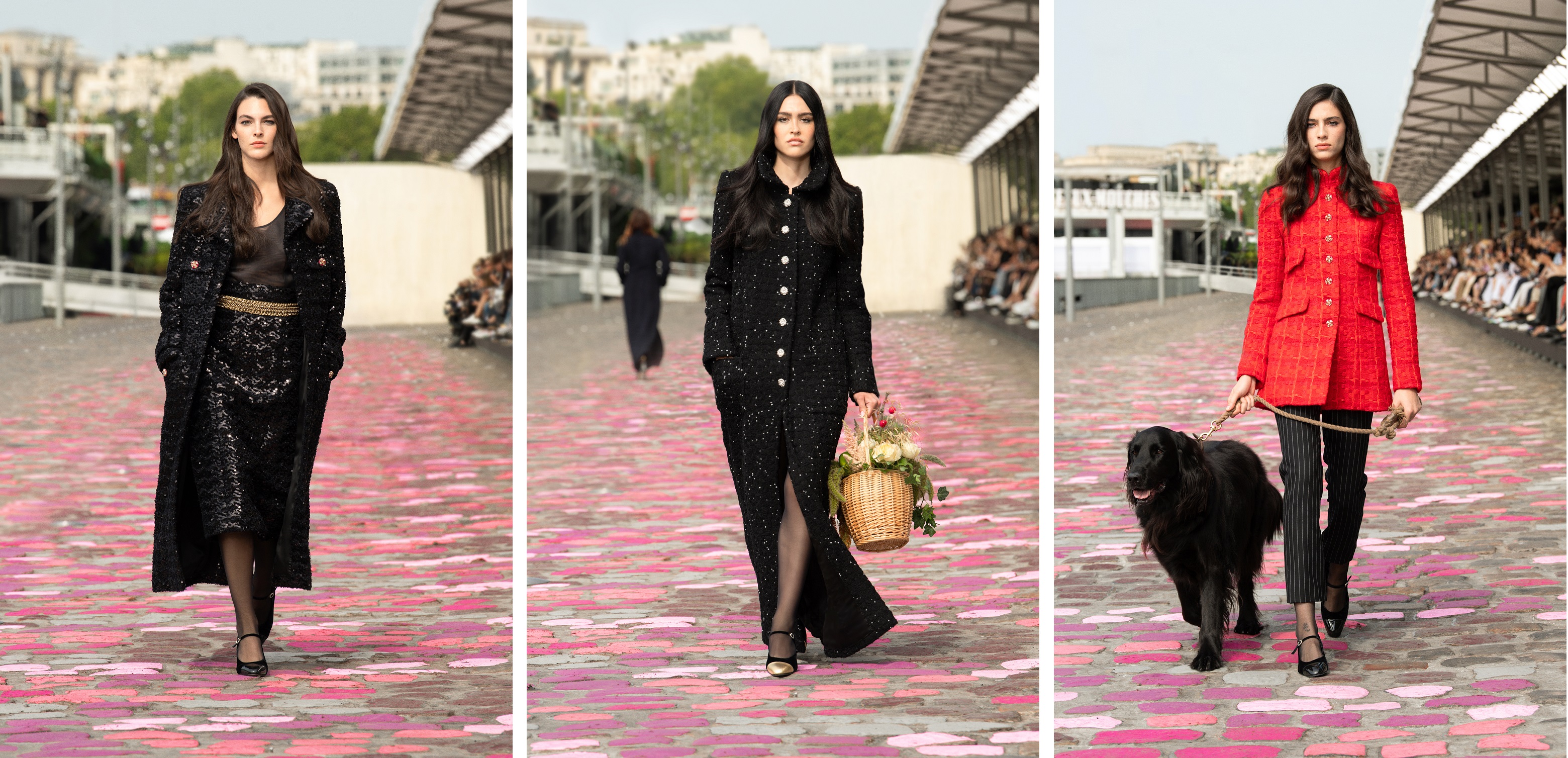“Voice-Over-Voice-” – Tashkeel Has Celebrated its 15th Anniversary Year with Exhibition by Shazia Salam

Shazia Salam’s Voice-Over-Voice- exhibition, opening this week, is a culmination of the artist’s year-long participation in Tashkeel’s Critical Practice Programme (CPP).
Salam is the 15th artist to complete the programme, and Voice-Over-Voice- kicks off Tashkeel’s celebration of its 15th anniversary this month.
Running from Wednesday, 18 January to Tuesday, 21 February Voice-Over-Voice- is an interactive audio-verse – the first of its kind within Tashkeel’s CPP. Salam is an Indian-born artist whose work often tests and challenges the functionality of her environment. During Tashkeel’s 2022 CPP, she was mentored by the artist Taus Makhacheva and curator and researcher Sabih Ahmed.
Not just for the average audiophile, this exhibition will ring bells of familiarity with UAE residents and even visitors who have been acquainted with the voices that bring a human touch to the country’s widely automated public services – from phone calls to metro station announcements. Voice-Over-Voice- is a collection of voice recordings, video installations and digital prints of spectral audio frequencies. The Mirror Exercise, for example, is a two-channel video installation featuring Dubai-based, voiceover professionals Dima Wehbe and Afaf Shawwa Bibi. Salam also worked with other professional voice talents who hold cultural significance in the UAE for this exhibition.
Speaking about Voice-Over-Voice-, artist Shazia Salam said, “The new body of work created during my time at Tashkeel presents a series of exercises that engage with technological and bodily tempos such as repetition, synchronicity and lag. My goal was to question the sort of calibration between man and machine that we are searching for through the concept of capitalist labour.”
During the run of the exhibition, she will lead two guided tours and a performance lecture at Tashkeel – all of which are complimentary to attend and open to the public.
1. Artist-led Guided Tour | Working Collaboratively
Sunday 22 January, 11am–12pm, 12–1pm
Tashkeel Nad Al Sheba. Open to the Public
Shazia Salam is joined by voice actor Dima Wehbe. Dima was one of the actors the artist worked with early in her CPP journey. During the tour, they’ll discuss their experience of working together and recount conversations, thoughts and rehearsals that led to the artist’s new body of work.
2. Artist-led Guided Tour | Working Collaboratively
Sunday 5 February, 11am–12pm, 12–1pm
Tashkeel Nad Al Sheba. Open to the Public
Join Shazia Salam in exploring the new body of work she has created over the last year as part of her journey on the Tashkeel Critical Practice Programme. Gain insight into her creative process and enjoy a deeper understanding of the works presented.
3. Artist Talk | Performance Lecture
Wednesday 15 February, 7.00pm-8.30pm
Tashkeel Nad Al Sheba. Open to the Public
The artist invites visitors to collectively listen to excerpts of her research undertaken during the year-long programme. The evening begins with a compilation of incidents, anecdotes and echoes of disseminated voices that Shazia has collected along the way to provoke a discussion on the rhythm of work under capitalist structures.
The exhibition is open to the public at Tashkeel, Nad Al Sheba from 18 January - 21 February 2023 on Sundays – Thursdays, 10 am – 10 pm and Fridays, 9 am – 12 pm.
Tashkeel’s Critical Practice Programme (CPP) is a guided mentorship opportunity that offers sustained studio support, training, critique and production of up to one year for practising artists living in the UAE. Each artist’s programme is carefully constructed around their practice and/or research areas. Tashkeel identifies up to two mentors to both build, challenge and guide each participant. The outcomes of their journeys are presented at Tashkeel. Some alumni include Debjani Bhardwaj, Hamdan Buti Al Shamsi and most recently, Shamma Al Amri.
